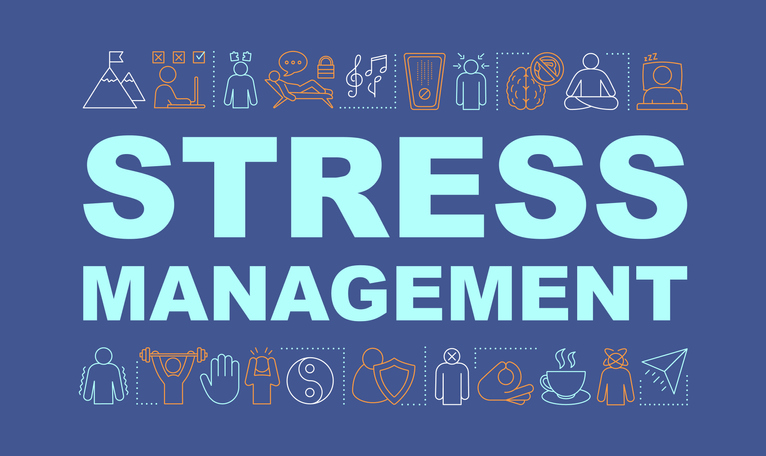Wellness
7 Tips to Manage Stress Levels

11 people found this helpful
Print
Share
Save
Stress is the emotional or physical tension that the body creates when events or thoughts that cause worry, frustration, anger or nervousness are experienced. Although short-term stress can help individuals avoid dangerous situations, long-term stress can lead to serious health issues. It is estimated that one-third of Americans experience extreme stress levels.
Poorly managed stress can lead to fatigue, heart disease, obesity and other health issues. Managing stress is a learned behavior. Tips to manage stress levels include, but are not limited to, the following:
- Understand how stress personally manifests.
Recognizing thoughts and behaviors that occur when stress is present helps identify personal stress patterns, which is the first step in effective stress management. - Identify sources of stress.
Identifying situational triggers in relation to family, health, finances, work, relationships, etc., is an important step in managing stress levels. - Learn stress signals.
Stress is experienced in a variety of ways — angry feelings, irritability, headaches, lack of energy, muscle tension, impaired concentration, difficulty making decisions, etc. Personal stress signals indicate when stress is becoming overwhelming. - Recognize stress-related behaviors.
Recognizing any unhealthy coping mechanisms, such as smoking, drinking alcohol or over/under eating, is the first step in changing these harmful behaviors. - Find healthy ways to manage stress.
Meditation, exercising, or talking with friends and family are healthy ways of managing stress. Changing unhealthy behaviors to healthy behaviors is important. - Engage in positive self-care.
A healthier mind and body can be obtained by practicing yoga, taking short walks, or going to the gym. Eating healthy, getting enough sleep, and drinking plenty of water also benefits physical and mental health. Setting aside time to read a book or listen to music is a good way to relieve stress. - Ask for support.
Asking for help or support from friends and family can ease the feelings of stress. If stress becomes overwhelming, a mental health care professional can provide tools to better manage stress levels and change unhealthy behaviors.


















